By Simbo Olorunfemi
Yesterday, I had the privilege of being a part of the panel organised and moderated by the distinguished Historian and Professor of African Studies, Toyin Falola, as part of the Toyin Falola Interviews to discuss ‘Trump and Nigeria’.
My understanding was that we were going to be discussing the crisis that has been triggered by President Trump’s designation of Nigeria as a country of particular concern and his follow-up threat of military action, implications of that and possible solutions.
Mr Trump had said:
“If the Nigerian Government continues to allow the killing of Christians, the USA will immediately stop all aid and assistance to Nigeria, and may very well go into that now disgraced country, ‘guns-a-blazing,’ to completely wipe out the Islamic Terrorists who are committing these horrible atrocities.”
He equally posted on his social media page: “I am hereby instructing our Department of War to prepare for possible action. If we attack, it will be fast, vicious, and sweet, just like the terrorist thugs attack our CHERISHED Christians.”
Unfortunately, since the designation of Nigeria as a CPC and the threat by President Trump, we have been at daggers-drawn, debating whether there is genocide or not, whether more Christians have been killed than Moslems as alleged or not that we appear to have lost that what we are dealing with is a threat of military action in violation of Nigeria’s sovereignty, something unprecedented in the history of Nigeria.
We have brought in the issues of ethnicity and politics, some latching on to this to further a separatist agenda, others seeing the Trump charge as an opportunity that will help them actualise their desire for regime change, naively hoping that they can claim what they lost at the ballot, or at least, stampede out of office the current occupants.
On account of that emotions have been high, pitching one group against the other, making it difficult for us to hear ourselves, with people pulling apart when we should be pulling together. We are tied down trying to define what is or is not genocide, forgetting that with SPECIAL INTENT (dolus specialis) being the central plank upon which the legal definition rests, it is going to be difficult to arrive at a consensus on it.
But emotions are high now, and when they are high as they are right now, the tendency to take the eyes off the ball is bound to be high.
I believe that is what played out on our panel yesterday. We ended up spending most of the time debating the issue of persecution and genocide, arguments even getting heated, barely dealing with the issue of Trump and Nigeria’ we were there to discuss.
Of course, I understand that there is a strong link between domestic politics/policy and foreign relations, especially as the issue of religious persecution and genocide is central to this crisis, but I didn’t think that the platform we had was one, at this time, to debate the issue, or further showcase that what divides us is of greater interest to us than what unites us.
In the first place, the United States Commission on International Religious Freedom has been advocating for Nigeria to be designated a CPC more than 20 years ago. To be specific, since 2001, and has consistently done so since 2009, succeeding in 2020 and 2025.
To me, important as the conversation on genocide and religious persecution is, I do not believe it is the primary driver of the American interest in Nigeria. I believe that there are underlying issues of concern to President Trump and the Americans, which is why I have been nudging us to focus on, just as I did yesterday, lest we fall for the bait and ours become a self-fulfilling prophecy.
As I argued yesterday, I do not think that we should be having this debate, if at all, about persecution and genocide, under this kind of pressure, one triggered by foreign interest, otherwise we run the risk of letting our emotions get in the way of reason, which might just lead us down the path of no-return, which our detractors and enemies would be too glad to have us.
Yesterday on the panel, we had a comment from a high-ranking Malian official, mocking Nigeria on the current development, obviously triggered by Nigeria’s principled stand by the ECOWAS protocol against military coups, misreporting the circumstances that led to the withdrawal of his country, Mali, Burkina Faso and Niger.
I don’t know if it’s my imagination, but I think there has been either an escalation of attacks or in reporting by the media since this crisis began, which is why I appeal for caution, lest we become a victim of this self-fulfilling prophecy wished upon us by detractors.
That was the reason I was uncomfortable about some of the issues that bubbled up, and was reluctant to weigh in on the sensitive issue of religion, the continued existence of our country as one on such a global platform with participants from 32 countries and foreigners listening.
As argued yesterday and at different times, I believe that what we are dealing with is a multidimensional issue masquerading or being wrongly/falsely presented as a single issue. What we have is a timely/untimely coincidence of different factors that has played itself into the hands of a consortium of interests (local and foreign), each with its dagger, seeking to take advantage of the fact that we have an unconventional American President in office, whose approach to international relations is impetuous and transactional.
But as I argued yesterday, there is nothing wrong with being transactional, as international relations, devoid of deceit and diplomatesse is essentially transactional. America has always been transactional anyway. The between President Trump and other Presidents is that he is unpretentious about it, and can be upfront and personal about his interest, which should not be our problem.
What we need to do is place our fingers on the issues, carefully interrogate them and engage the other side about them and find a way to come to a mutual understanding about them.
Some of the issues we need to engagement with have to do with:
- The Gulf of Guinea
- Sahel
- American military base in Africa (Nigeria?)
- Relationship with China and Russia
- Purchase of Arms
- Trade
- Counterterrorism cooperation
- Security and Military assistance
- Development Assistance and Aid
- Domestic issues – Sharia, Blasphemy law (The United States Commission on International Religious Freedom flagged these in its 2025 Report)
Since the onset of this crisis, my argument has been that we need to put on our strategic thinking cap to interrogate what the issues are, and ask ourselves the hard questions- Who are we to America? What does America want? What do we want from America? How can we have what we want while America gets what it wants, as much as possible? In other words, how can we turn this challenge into an opportunity and come up with a win-win arrangement?
Responding to a question put to me by Prof Toyin Falola yesterday, I made the point that sovereignty in the traditional and legalistic manner as we have always assumed it under international law hardly holds in the world today.
There are so many transnational issues that have made nonsense of borders, terrorism being the most significant one. It is incumbent of every nation to keep that in mind, ensuring that it invests in the telling of its story, while courting allies and nursing alliances that will help it weather storms should things go awry.
We must be careful dealing with this crisis. Best case scenario, it becomes another one of the threats by President Trump that fizzles out with time. But with vested interests out there who see a window of opportunity in this, working hard to take advantage of it for their ends, we have to work with the worst-case scenario in mind.
We must reimagine the way we see the world, be more strategic and deliberate in our engagements, rework our communications model, dealing with the current crisis, make the best possible use of back channels and lobbyists to rollback the inroad that has been made by the ‘enemies’ of Nigeria in the battle for the minds of those who can hurt us, if they continue to misunderstand our moves and direction. We must understand that the times are different, and we must find a way to fairly accommodate the multiple interests with eyes on the cookie jar in such a way that we can all win. We must learn to adopt our soft power assets to win the battle for the mind, for us to win on the ground.


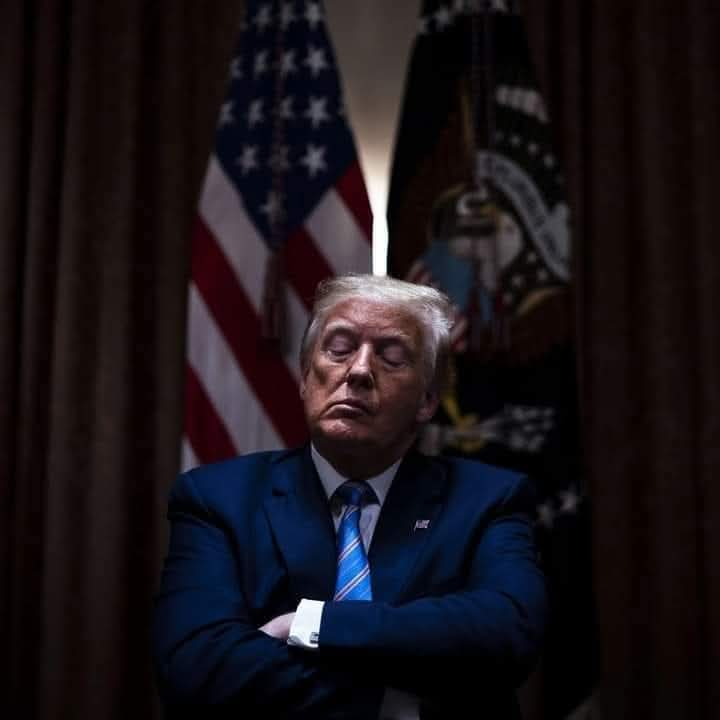
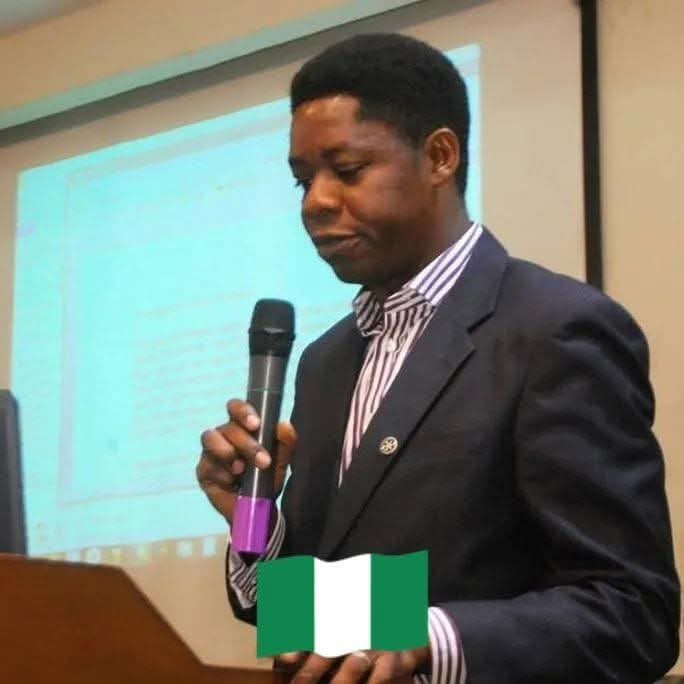
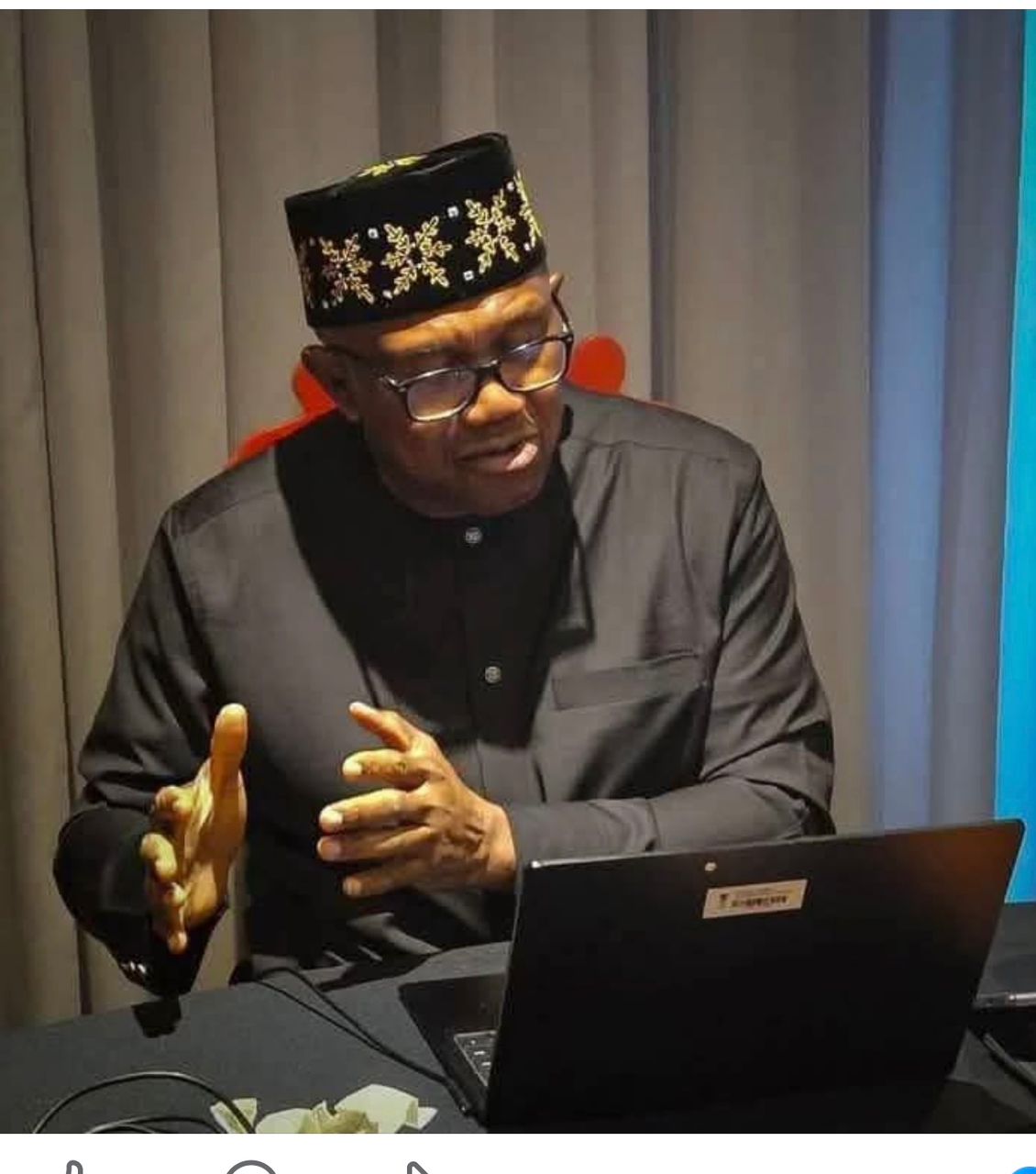



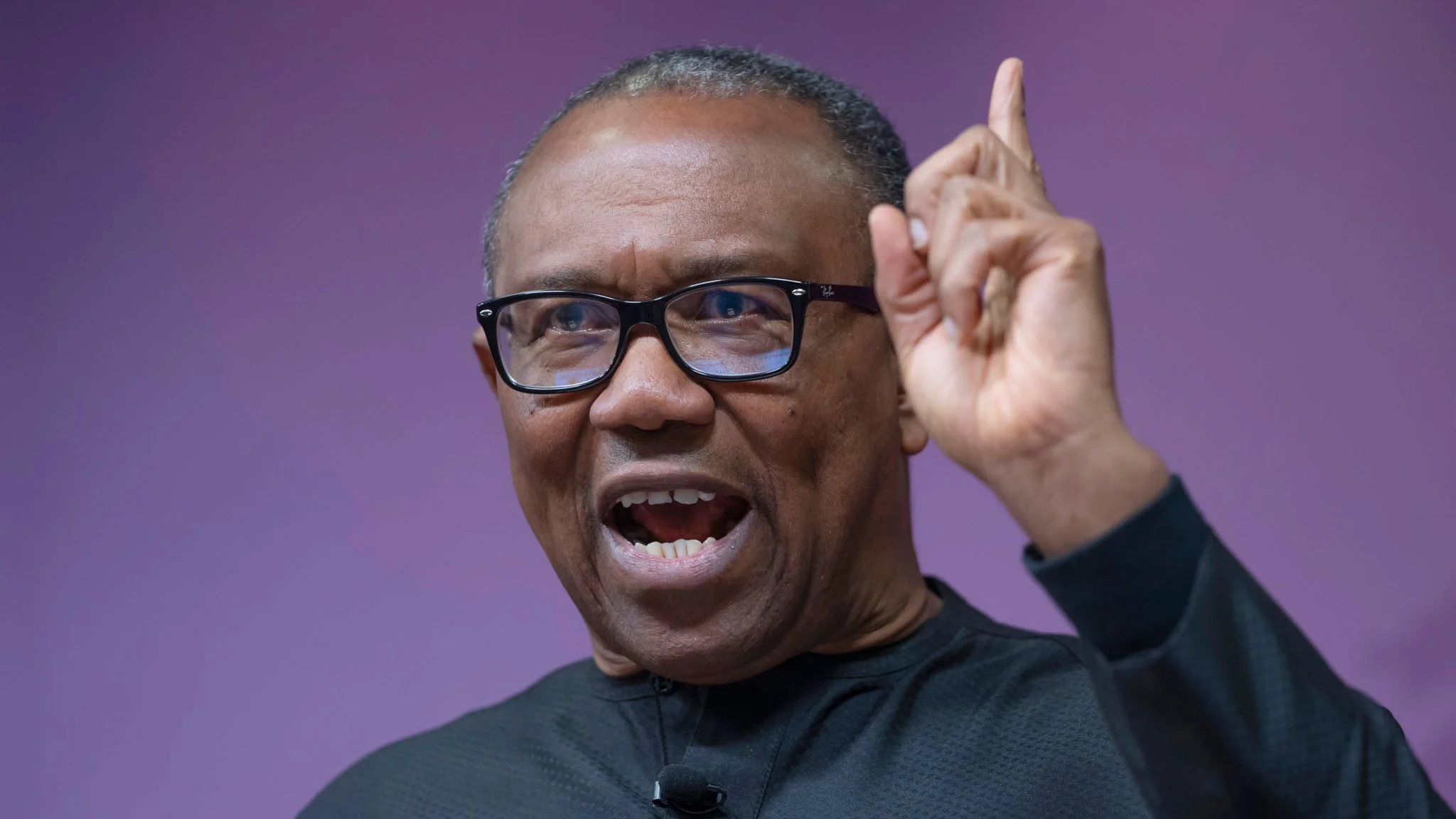

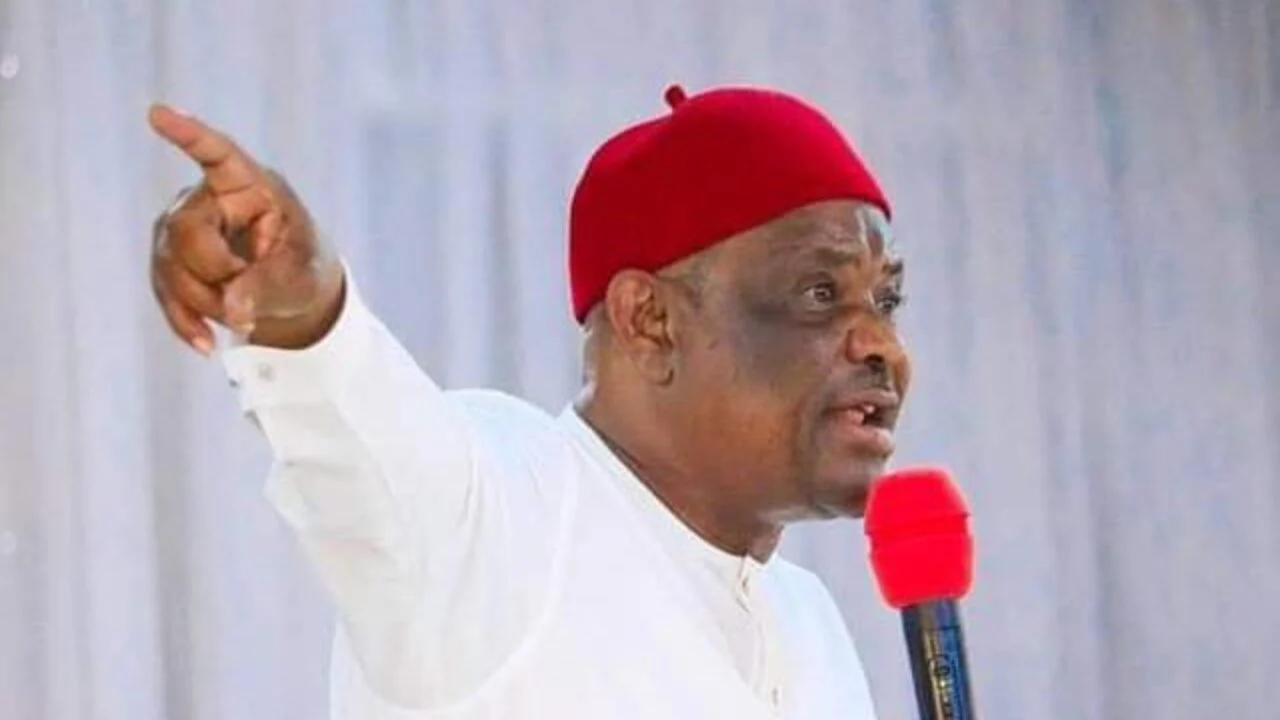
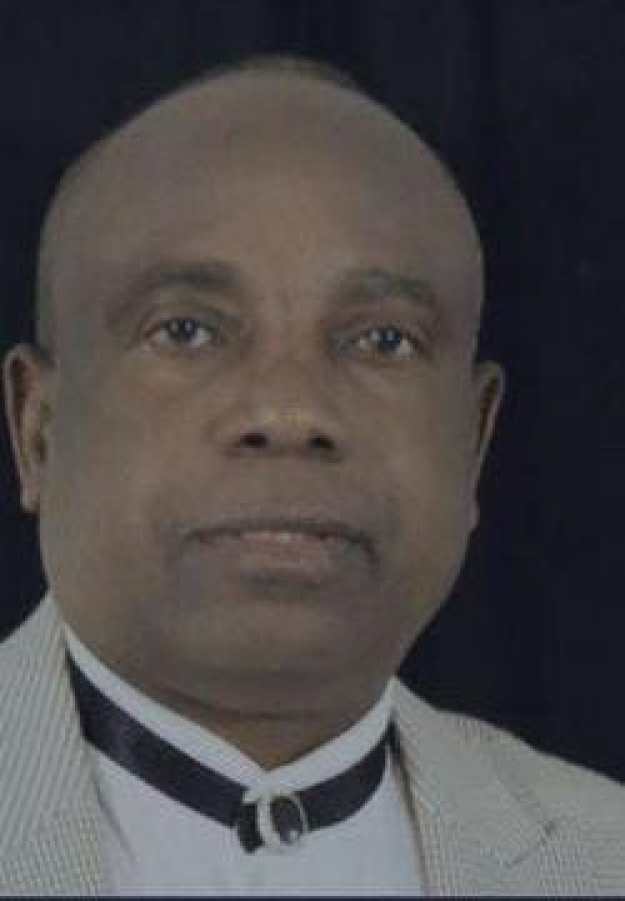
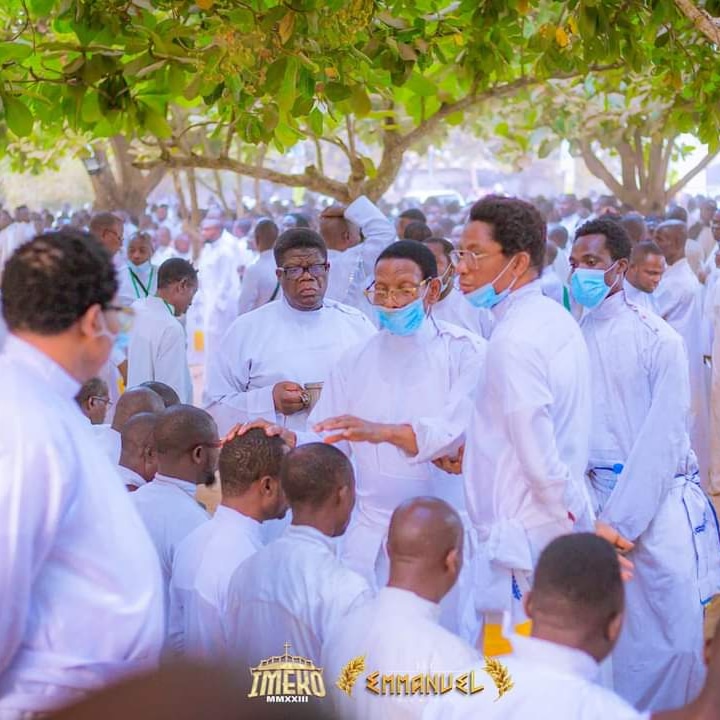
Leave a Reply